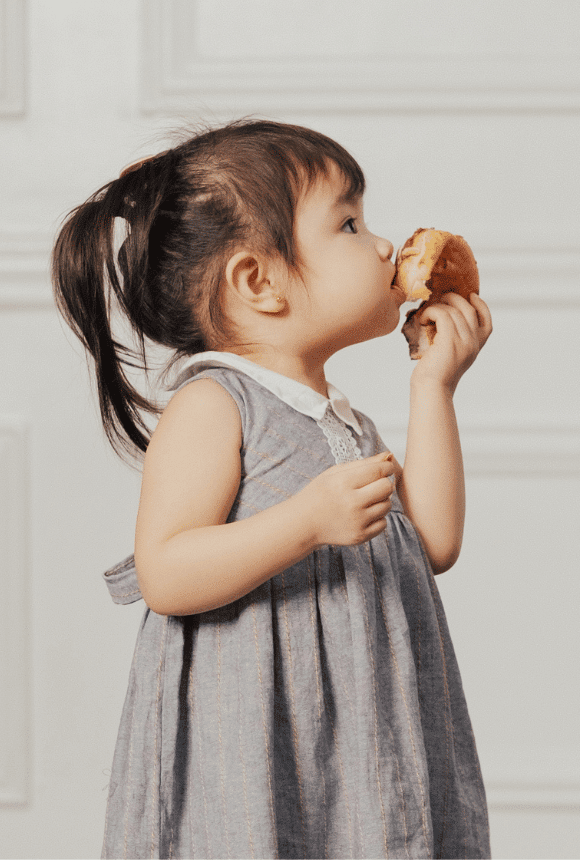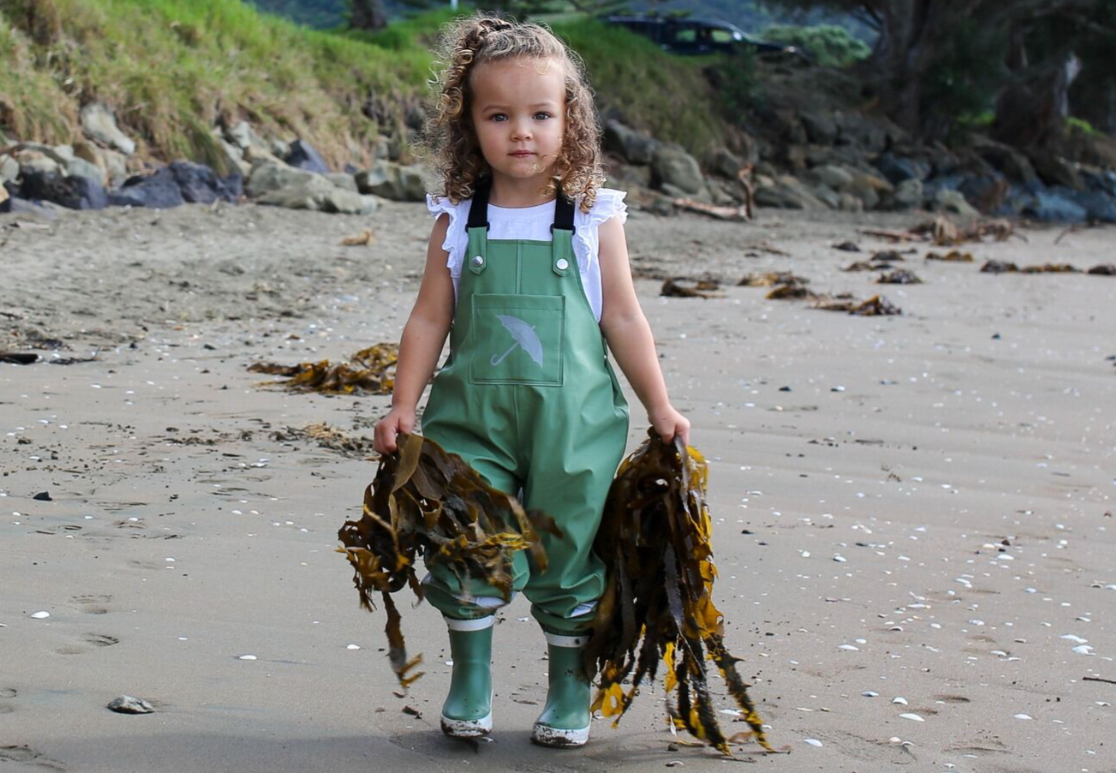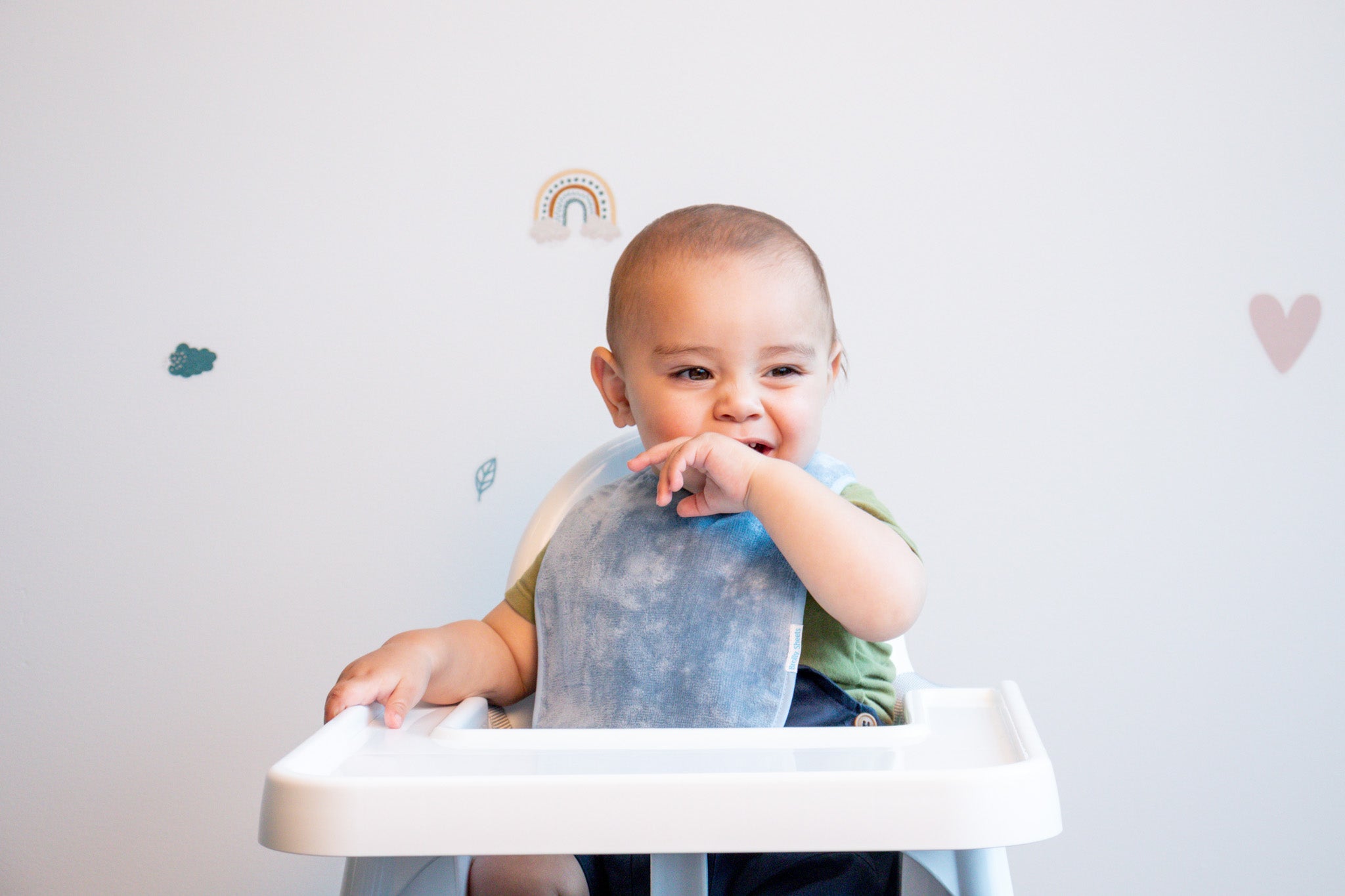
Growing Minds: Fostering Children's Mental Health

Nurturing Minds: Parenting, Toddlers, and Mental Health - A World Mental Health Day Special at Brolly Sheets.
World Mental Health Day serves as a poignant reminder of the vital role mental health plays in our lives. It highlights the crucial link between parenting, mental health, and the well-being of young children—a conversation at the heart of modern parenting. This day encourages us to reflect on our own well-being, not just for ourselves but also for the little minds we nurture: our children.
The Crucial Years of Childhood and Mental Health
The early years of childhood play a pivotal role in shaping mental health. This article delves into the unique mental health needs of toddlers and school-age children, emphasising the role parents play in nurturing their emotional well-being.
Conversations about Mental Health with Toddlers
Navigating mental health conversations with toddlers can be scary and overwhelming, but equally rewarding and fulfilling. Being a toddler is tough. Imagine their world, filled with boundless curiosity and emotions that can be as perplexing as they are endearing. In these early years, guiding your little ones to recognise and express their feelings is the first step toward building a foundation for lifelong emotional well-being.
Begin with simplicity—acknowledge and name emotions. When the teddy bear is lost, it's okay to feel sad. When it's time for a favourite story, joy might bubble up. It is important to create a safe space for toddlers to express these emotions and validate their feelings.
As the parent becomes a guide through this emotional landscape, your toddler learns not just about feelings but about the safety of sharing them. It's a precursor to resilience—a vital skill for the journey ahead.

Nurturing the Mental Health of Young Children
Young children face distinct challenges in their mental development. Explore actionable tips for parents to actively support their child's mental well-being, creating a foundation for positive mental health from an early age.
1. Create a Safe and Predictable Environment: Establish routines, provide clear expectations, and offer comfort during times of change.
2. Encourage Play and Imagination: Play is the language of childhood. Whether it's building blocks, drawing, or make-believe adventures, fostering creativity during playtime is a crucial avenue for cognitive and emotional development.
3. Promote Positive Relationships: Nurturing positive relationships is instrumental in a child's mental well-being. Encourage healthy social interactions with peers and adults to build a sense of belonging.
4. Teach Emotional Literacy: Equip your child with the language for expressing emotions. This lays the groundwork for effective emotional communication.
5. Be Mindful of the Digital Age: Limit screen time (where you can) and choose age-appropriate, positive content that aligns with your family values.
By actively engaging in these practices, parents become architects of a supportive mental health environment.
Mindfulness for Young Children
Introducing young children to mindfulness habits is a gentle yet powerful way to foster their mental well-being. Simple exercises such as deep breathing and guided imagery can be seamlessly integrated into daily routines, promoting calmness and self-awareness.
Deep Breathing: Guide your child in taking slow, deep breaths. Picture a balloon inflating and deflating, making it a playful and engaging experience. This simple practice helps them regulate emotions and find moments of calm.
Guided Imagery: Encourage your child to imagine a favourite place—a cosy corner or a magical forest. This visualization exercise sparks creativity and cultivates a sense of inner peace.
By incorporating these techniques into daily life, parents empower their children with tools to navigate the ups and downs of emotions. Whether it's a quiet moment before bedtime or a brief pause during the day, mindfulness becomes a natural part of a child's mental toolkit.
Conclusion: Building Resilient Minds for the Future
As we commemorate World Mental Health Day, let's commit to building resilient minds in the next generation. By fostering a supportive environment and empowering parents to actively engage in their child's mental well-being, we contribute to a brighter future.










